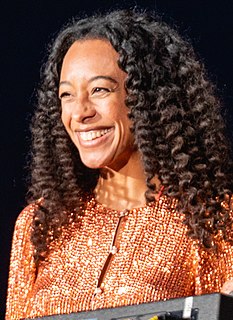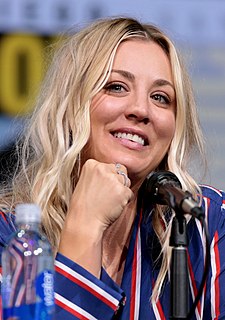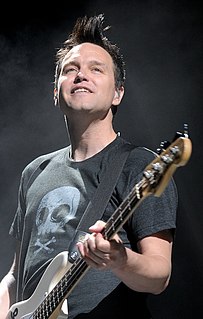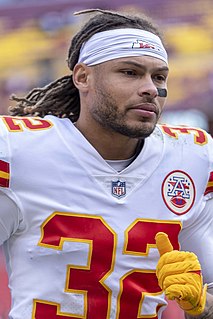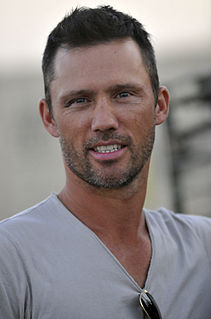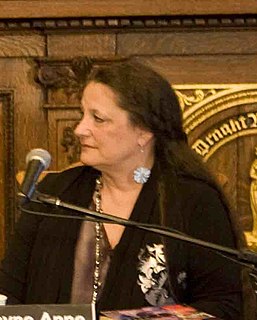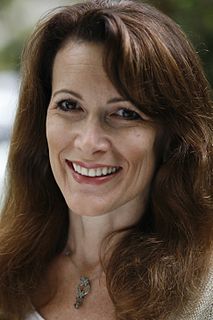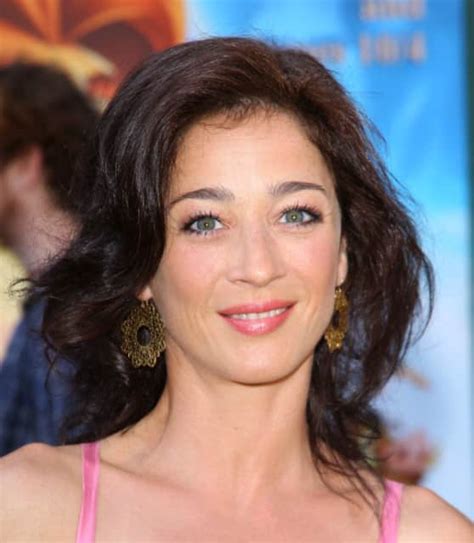A Quote by Katie Hafner
Unlike most divorced parents, whose interactions are confined to the topic of the kids, people still sharing a house have to talk about clogged sinks and moth infestations.
Related Quotes
But when you talk about the education and you talk about the lack of recreation for kids to do, I mean, it's second to none in New Orleans when you talk about the lack of opportunities for young people. And it's not just black kids, it's white kids. It's Asian kids. I had Vietnamese kids in my class that had lack of opportunities.
The degree to which a surviving parent copes is the most important indicator of the child's long-term adaptation. Kids whose surviving parents are unable to function effectively in the parenting role show more anxiety and depression, as well as sleep and health problems, than those whose parents have a strong support network and solid inner resources to rely on.

